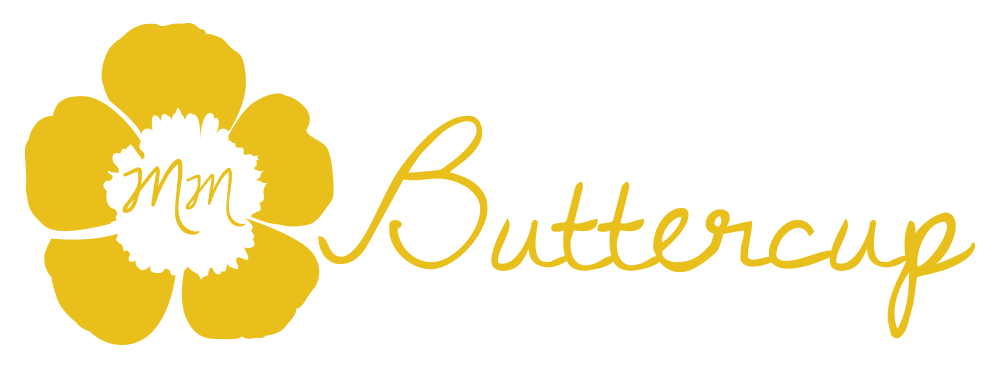Change is inevitable. How we manage changes can set a course for success (Kislick, 2018). An adaptive challenge that may occur in an early childhood setting is learning that the organization will be adopting a new assessment. “UGGHHH” might be the first emotion we are feeling as we think about all the new and different things we will be required to take on because of this new mandate.
This challenge has adaptive elements, because how we choose to react is up to us.
For example, adaptive components to the challenge may be to: gather information, use a growth mindset, remain calm, be positive, work with team to support one another (Bryan, Matson, & Weiss, 2007), and jump into professional development moving forward to implement new assessment with fidelity and confidence.
It is important to address the challenge because change will occur whether we accept it or not (Goodwin, 2015). Accept the challenge and it will turn into an opportunity not a problem (Duncan, 2012). If interested, below are further readings on adapting to change in the workplace.
References
Bryan, L. L., Matson, E., & Weiss, L. M. (2007). Harnessing the power of informal employee networks. McKinsey Quarterly. Retrieved https://www.mckinsey.com/business-functions/organization/our-insights/harnessing-the-power-of-informal-employee-networks
Duncan, R. D. (2012). In times of change, “What’s in it for me?” Is the question you need to answer. Fast Company. Retrieved from: https://www.fastcompany.com/3001250/times-change-whats-it-me-question-you-need-answer
Goodwin, B. (2015). Getting unstuck. Educational Leadership, 72. Retrieved from www.ascd.org/publications/educational-leadership/jun15/vol72/num09/Getting-Unstuck.aspx
Kislik, Liz (2018). How to tell your team that organizational change is coming. Harvard Business Review. Retrieved from https://hbr.org/2018/08/how-to-tell-your-team-that-organizational-change-is-coming
Me during big changes in my life.

